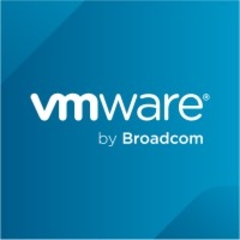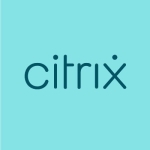We are an IT company and VMware partners.
VMware vSphere is used for virtualization in all situations and for all businesses.
This solution's most valuable feature is its High Availability.
The only concern I have with VMware vSphere is that the level of support is inadequate. It's not very fast. The support is good, but it's slow.
When we need help, we require someone to answer the phone quickly.
I've been selling VMware vSphere since it was launched.
We have no issues with the stability of VMware vSphere. It is very stable.
VMware vSphere is a scalable product.
Technical support is good but not very fast.
We have customers who use Sangfor, as well as customers with VMware.
vSphere is used by all VMware customers.
A small infrastructure installation can take up to eight hours.
The teams are always the same. We have five technicians, three of whom specialize in networking and virtualization, and one who is a management engineer.
Our customers have the option of paying the licensing fee when they purchase the solution or renting it from us.
If a customer chooses to rent the solution, the customer pays us and we purchase the solution.
The vSphere serves as the system's control center for managing virtual machines (VMs). VMware vSphere is present in all installations.
Our solutions are all deployed on-premises.
As a company, we advise, supply, and install products for our clients. We provide two solutions, one of which is Sangfor and the other is VMware.
As a reseller of vSphere, I would recommend this solution to anyone who is interested in using it.
I would rate VMware vSphere an eight out of ten.


















